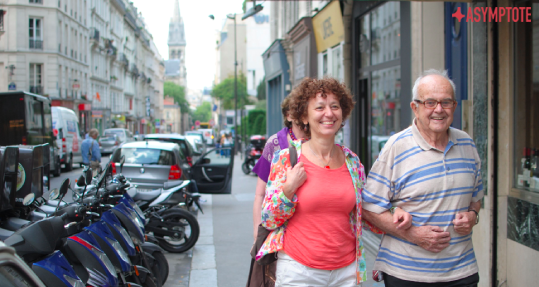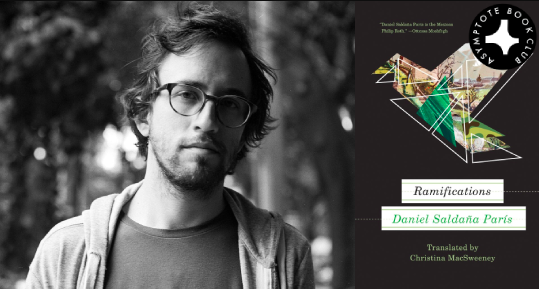Czech journalist Antonín J. Liehm was a leading public intellectual who passed away on December 4, 2020, aged ninety-six. One of the movers and shakers of the cultural and political ferment of the Prague Spring, he left the country after the Soviet-led invasion of Czechoslovakia in August 1968, and it was largely thanks to Liehm’s tireless work in exile that essays by Václav Havel and many other Czech authors reached readers in Western Europe and the United States before 1989. To help bridge the gap between the East and the West, he founded the ground-breaking journal Lettre International, which in its heyday appeared in thirteen different countries and languages. In this essay, Polish writer and journalist Aleksander Kaczorowski pays tribute to his mentor.
In the spring of 1992 my wife and I went to Sofia for our honeymoon. Don’t ask why, of all places, we picked Sofia: it was a random choice, yet one resulting in one of the major discoveries of my younger years. It was there, in the Bulgarian capital, at the Czech Centre, that I stumbled across a book that I bought and virtually devoured before our holiday was over.
The book, Generace (A Generation), was a collection of interviews with Czech and Slovak writers that was finally able to appear in Czechoslovakia, after a twenty-year delay. It featured many authors whom I had already come to love and whose books had enticed me to study Czech language and literature at Warsaw University: Milan Kundera, Josef Škvorecký, and Václav Havel, as well as many others whose work I would get to know only later, like Ivan Klíma and Ludvík Vaculík, or the great Slovak writer Dominik Tatarka. Many of them had joined the communist party in their youth, and in these interviews conducted by Liehm between 1963 and 1968, they take a critical look at their own involvement, as well as the contemporary social and political situation in Czechoslovakia. They called for political changes (many of them did indeed play a key role in the Prague Spring of 1968) but what interested me most was what they had to say at the time about literature, the sources of their literary inspiration, and their own plans. In particular, the interview with Kundera—whom Liehm had met when they were both young, their friendship lasting nearly seventy years, until his death—was full of extraordinarily interesting biographical details that are hard to find in later interviews with the author of The Unbearable Lightness of Being.
Following the Soviet-led invasion of Czechoslovakia in 1968, the book became unacceptable to the censors. Instead of Prague, it first appeared in Paris in 1970, together with a lengthy preface by Jean-Paul Sartre. German, English, Spanish, and Japanese editions soon followed. Over the next twenty years, several of the writers featured in the book achieved world-wide fame. However, until I encountered in Sofia the reissued Czech edition of A Generation published in 1990, I knew next to nothing about the man who had conducted the interviews: the Czech exile journalist Antonín J. Liehm. READ MORE…



